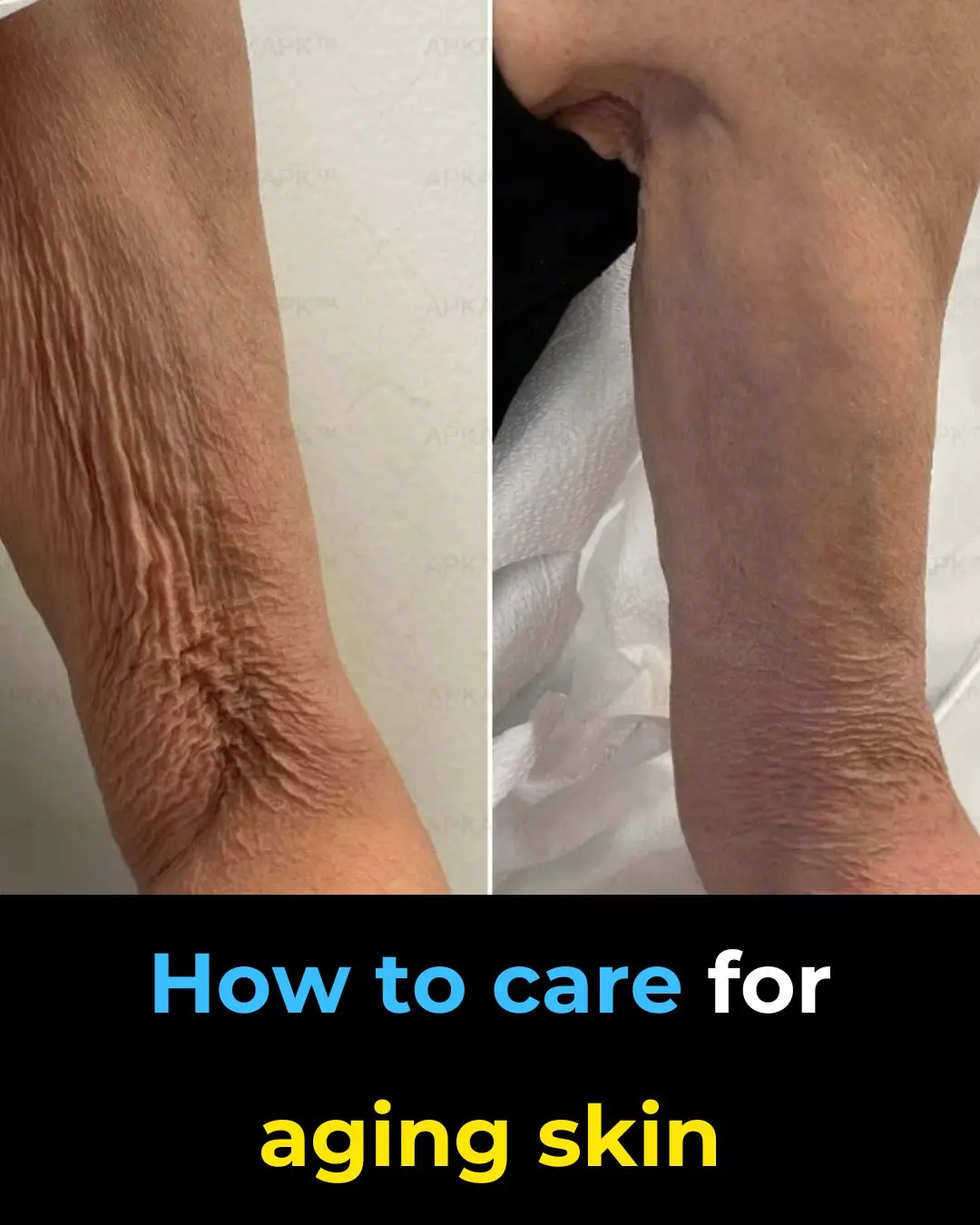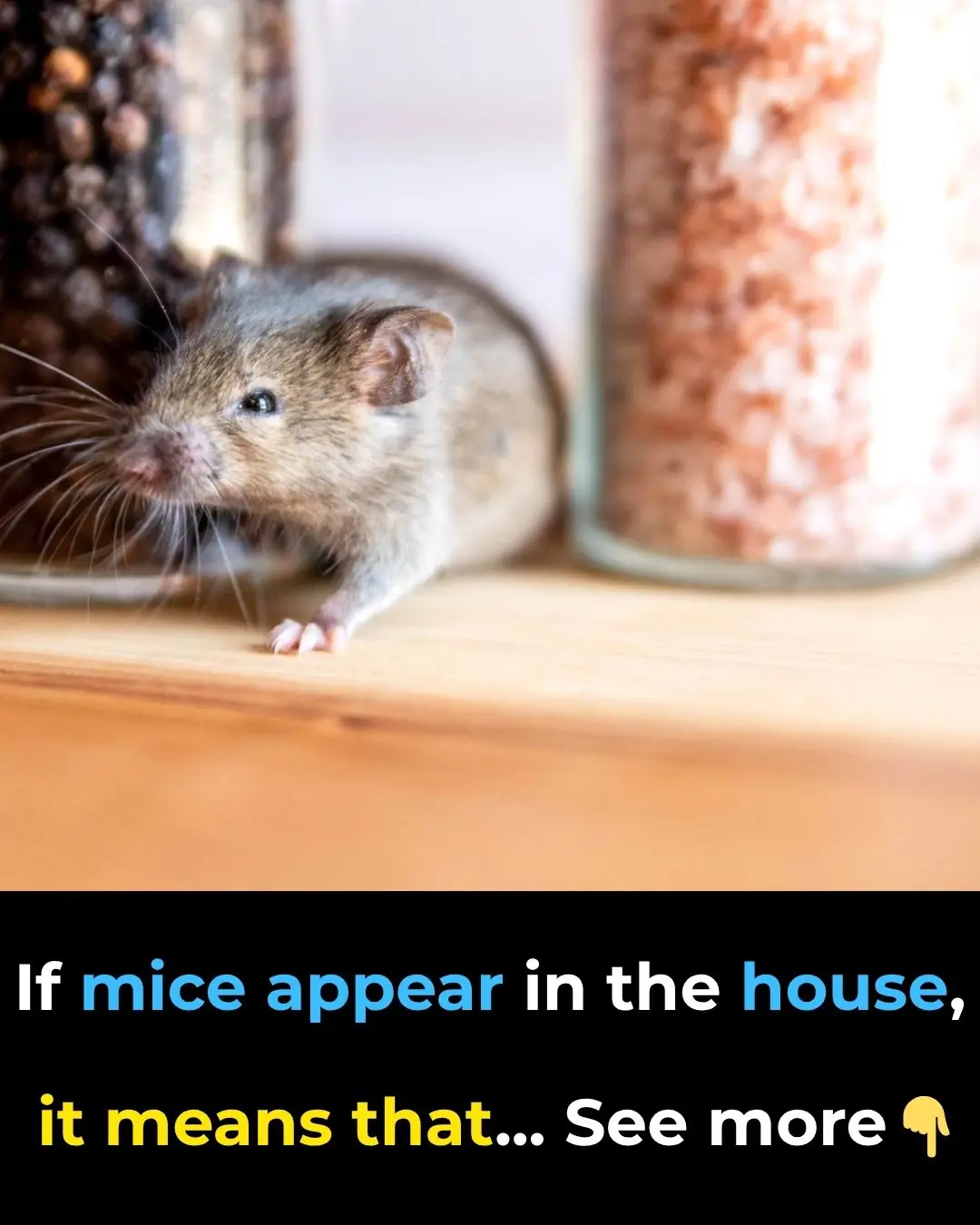
Why You Should Never Pour Hot Water Into Your Kitchen Sink
Many people have the habit of pouring hot or even boiling water into the kitchen sink, thinking it helps eliminate unpleasant odors or unclog drains. However, this common practice is actually harmful and can cause serious damage over time.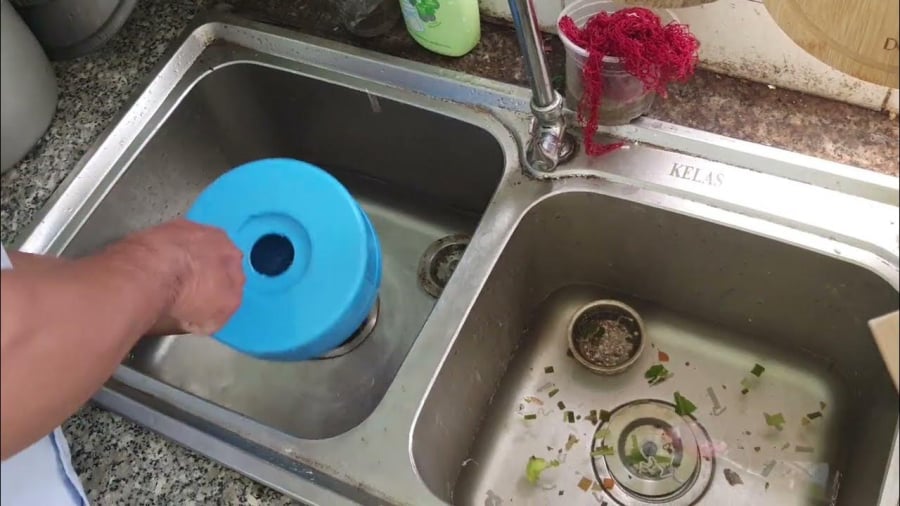
The Hidden Dangers of Pouring Hot Water Down the Drain
1. It Damages the Drain Pipes
Kitchen drainpipes are usually made of plastic materials such as PVC or ABS, which are designed to withstand moderate heat. While they can handle warm water from washing dishes, repeated exposure to boiling or very hot water can degrade the material. Over time, this weakens the pipes, making them brittle and shortening their lifespan.
For instance, a typical drainpipe might last between 30 to 50 years under normal conditions. But when it’s frequently exposed to boiling water, that lifespan can be cut dramatically — potentially by half or more. The result? Cracks, leaks, and costly repairs that could have been easily avoided.
2. Pipes Can Warp or Crack
Not all types of drainpipes are created equal. Some lower-quality pipes can only tolerate temperatures up to 60°C (140°F). When boiling water, which can reach 100°C (212°F), is poured in, the sudden temperature shock can cause the pipes to warp, deform, or even burst.
Once this happens, water leaks into the surrounding areas — creating a mess, producing foul odors, and possibly even damaging cabinets, floors, and nearby walls. Repairing such damage often costs far more than any cleaning benefit gained from the hot water.
Safer and Smarter Ways to Keep Your Sink and Drains Clean
If your kitchen sink often gets clogged due to grease buildup, don’t worry — there are safe and effective alternatives that won’t destroy your plumbing.
1. Remove Grease Before Washing
When dishes, pots, or pans are covered in grease, wipe away the excess oil using a paper towel or tissue before washing them in the sink. Then discard the used paper in the trash, not down the drain.
This simple step prevents most of the grease from entering the drainage system, making it much easier to clean your dishes and keeping your pipes free from buildup.
2. Use Specialized Drain Cleaners or Enzyme-Based Solutions
Instead of hot water, try using professional drain-cleaning products designed specifically for kitchen sinks. Many of these contain enzyme-based formulas that break down grease, food particles, and bacteria without harming your pipes.
These products are environmentally friendly, eliminate odors effectively, and help maintain smooth water flow. When used regularly (about once a week or as needed), they prevent clogs before they form.
3. Natural Cleaning Alternatives
For those who prefer eco-friendly methods, a mixture of baking soda and vinegar can also work wonders. Pour half a cup of baking soda into the drain, followed by a cup of vinegar. Let it fizz for 10–15 minutes, then rinse with warm (not boiling) water. This helps loosen small blockages and neutralize unpleasant smells safely.
In Summary
While pouring hot water into your sink might seem like a quick fix, it does more harm than good. The intense heat can weaken, deform, or even crack your plumbing system. Instead, adopt safer methods — such as wiping off grease, using enzyme-based cleaners, or natural cleaning solutions.
By doing so, you’ll protect your plumbing system, save on costly repairs, and keep your kitchen hygienic and odor-free for years to come.
News in the same category


7 Common Health Issues That Keep Appearing Could Be Early Warning Signs of Cancer

Small Life Hacks That Can Be Life-Saving
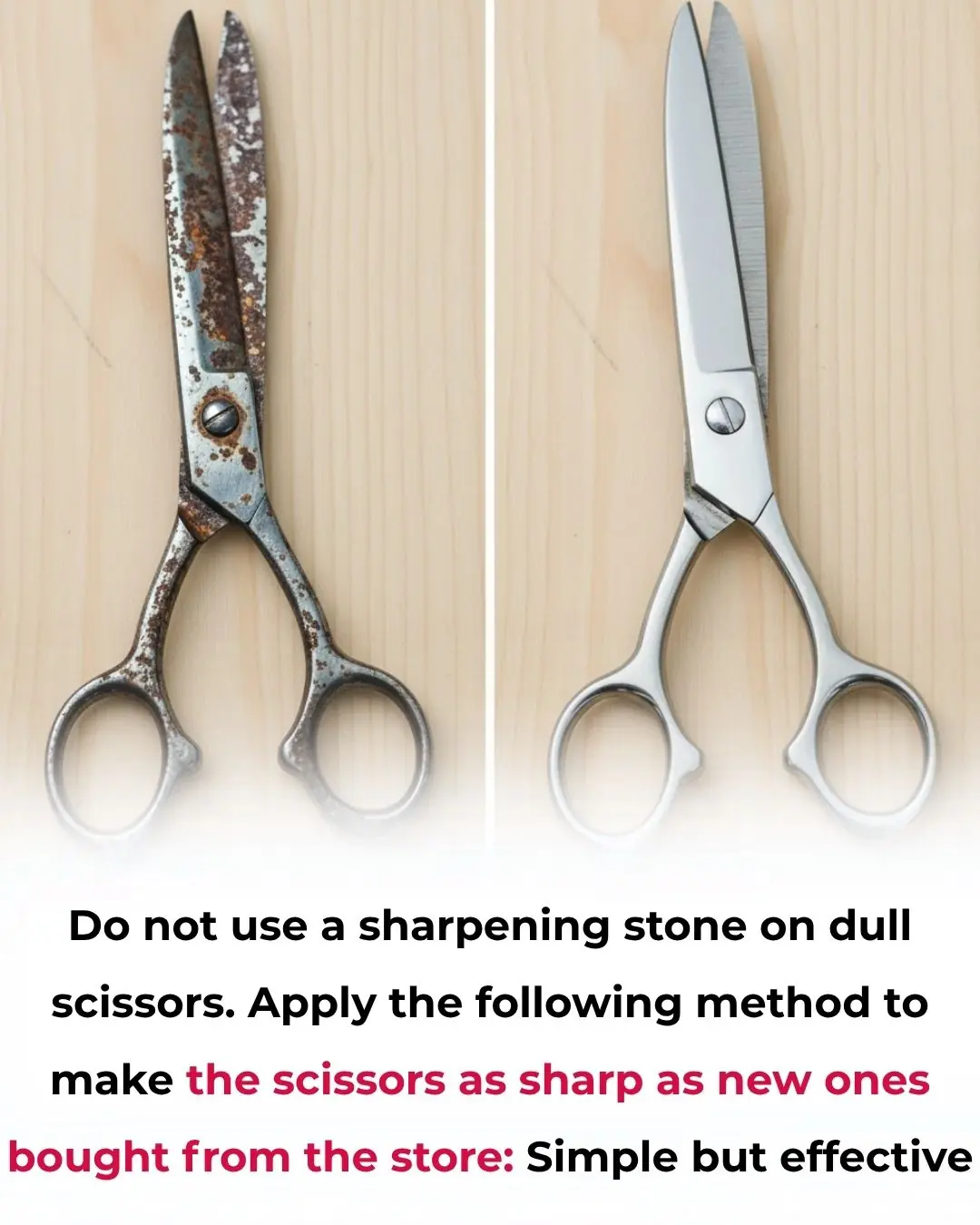
How to Sharpen Dull Scissors Without a Sharpening Stone: Simple and Effective Method

When Staying Alone in a Hotel: Place Two Cups on the Door Handle – A Small Action with Big Benefits

15 Things You Should Never Do to Protect Yourself from Lightning During Thunderstorms
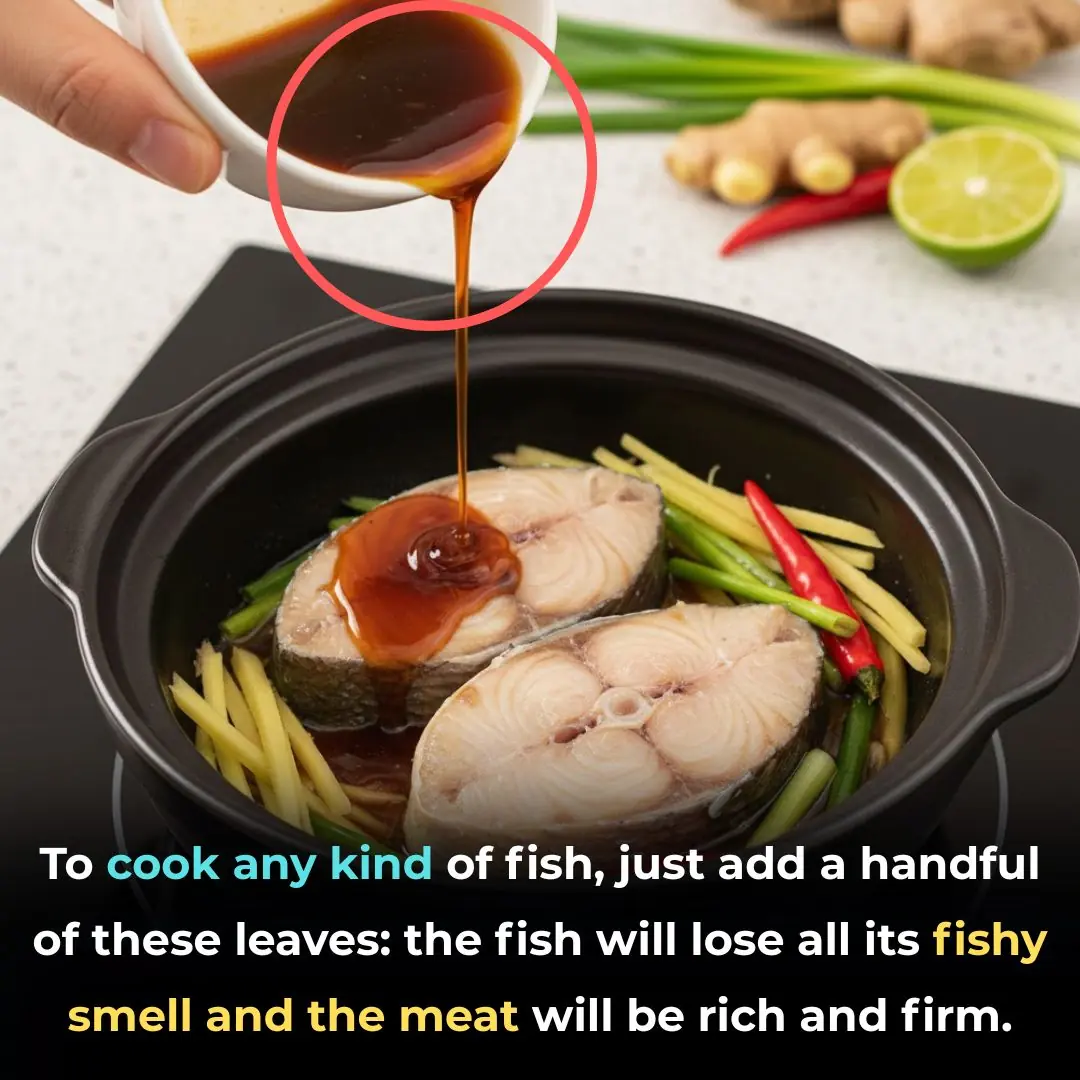
To cook any kind of fish, just add a handful of these leaves: the fish will lose all its fishy smell and the meat will be rich and firm.

Great tips when growing pothos, in just 3 months the plant will form a beautiful green carpet

The washing machine makes loud noises and shakes violently when spinning: Don't rush to call a repairman, just do this and the machine will run smoothly.
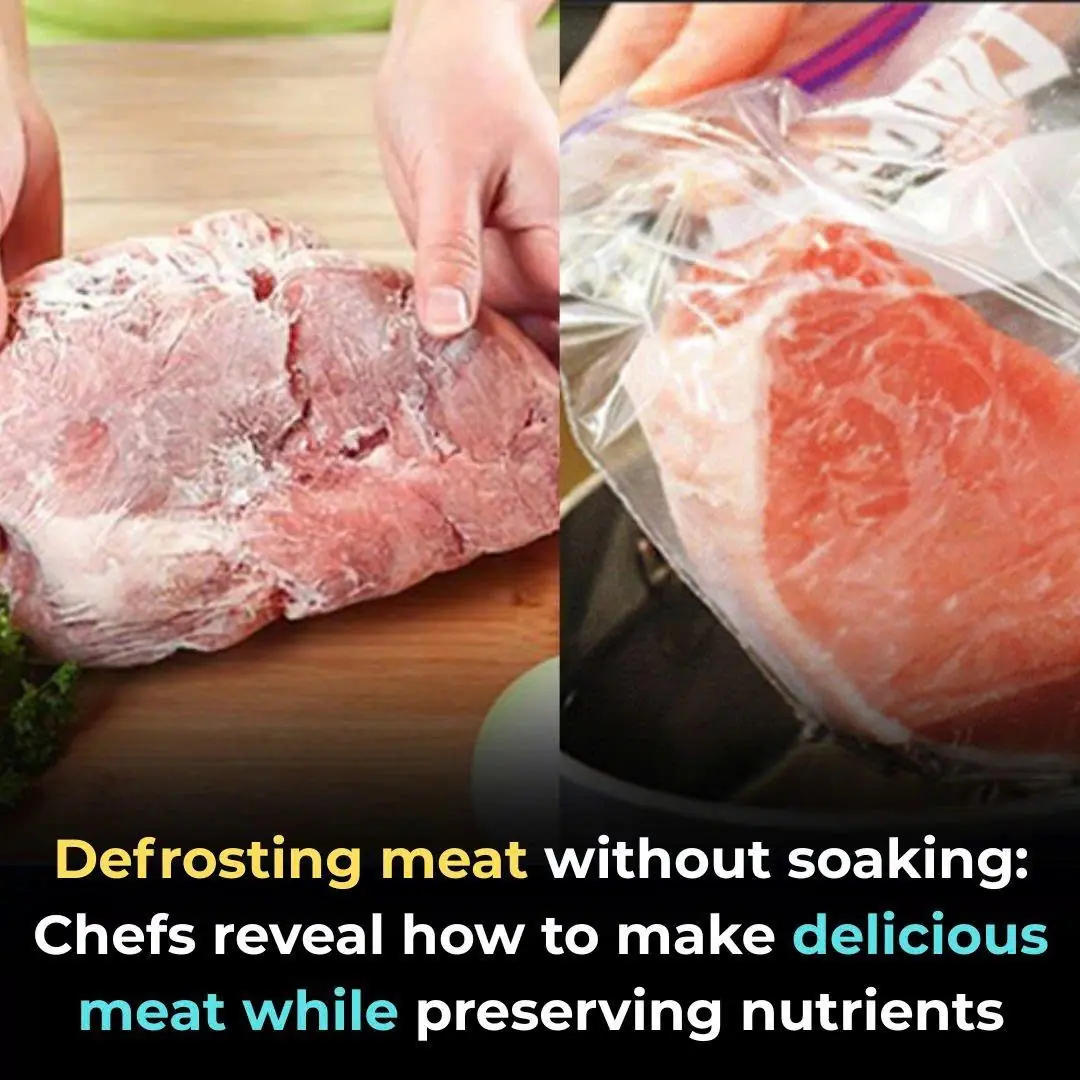
Defrosting meat without soaking: Chefs reveal how to make delicious meat while preserving nutrients
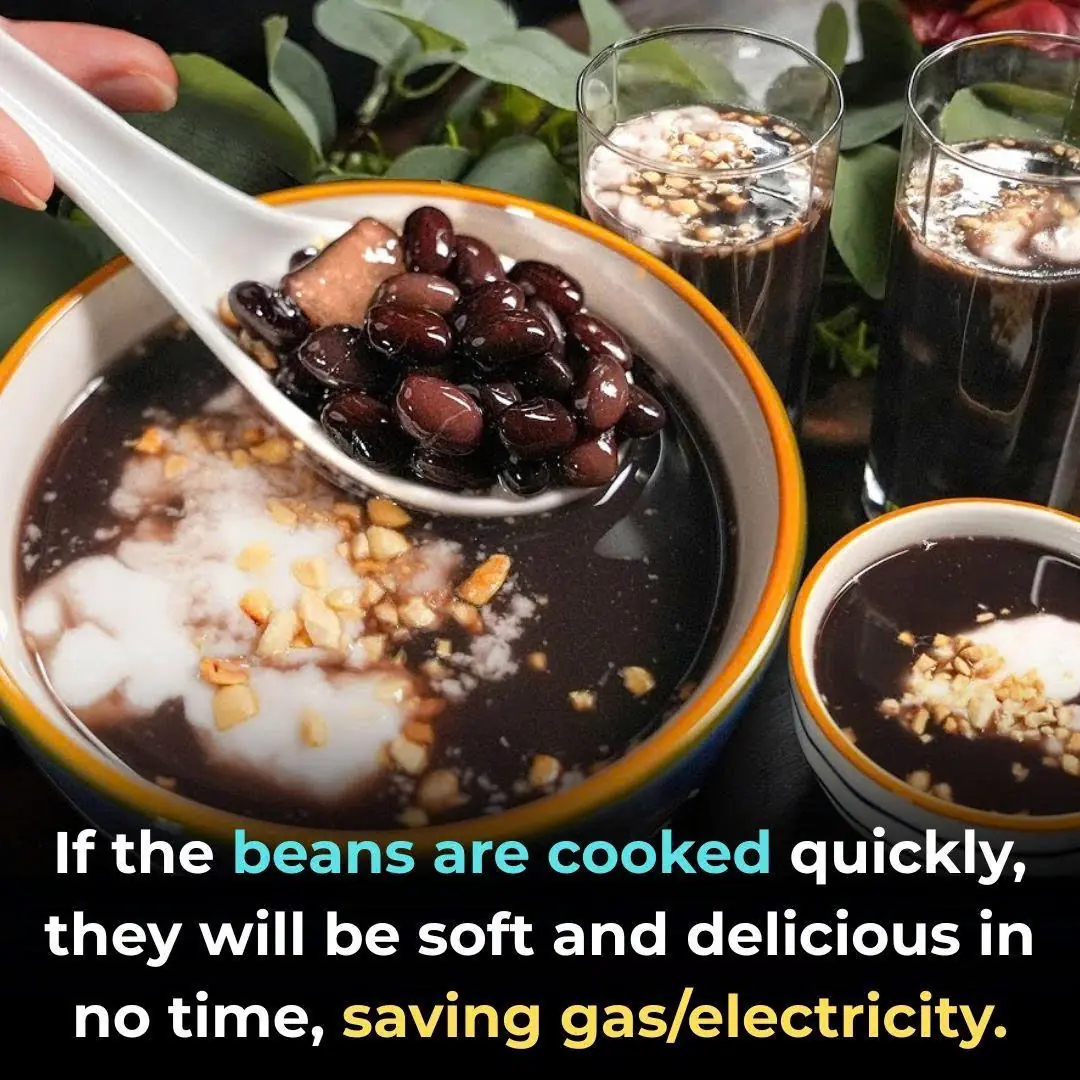
If the beans are cooked quickly, they will be soft and delicious in no time, saving gas/electricity.

Tea left overnight is such a waste: It has 4 great uses that very few people know about.

Banana flower – from pig food to Asia's number 1 delicacy: Revealing 2 simple ways to make it

Bathroom tiles are often moldy, dirty, and yellowed: Here are 5 cheap tips to help keep your bathroom tiles clean and shiny.

Denver Bans the Sale of Dogs, Cats, and Rabbits, Paving the Way for More Shelter Adoptions

Foods You Should Never Put In Your Air Fryer
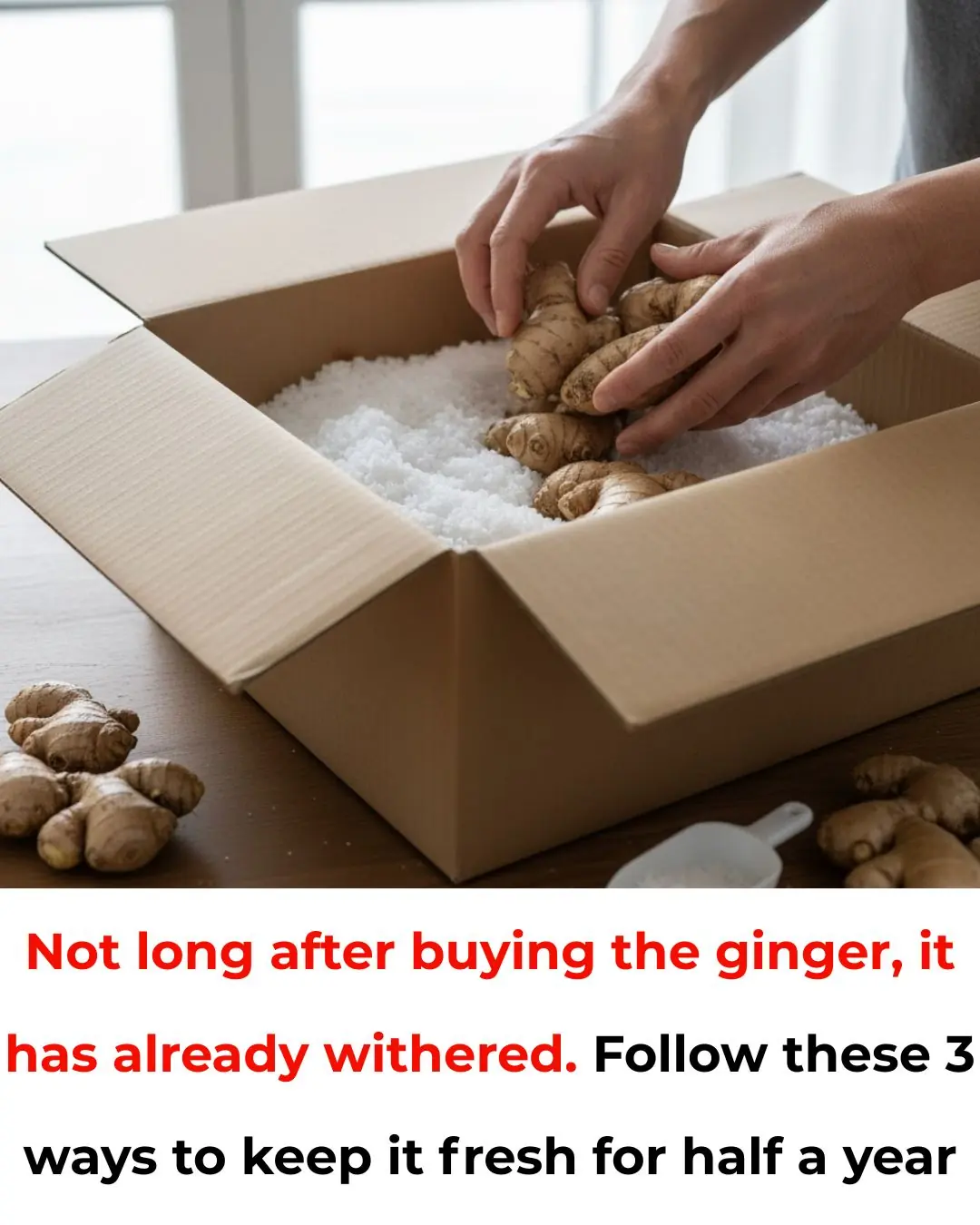
How to Store Ginger to Keep It Fresh for Longer
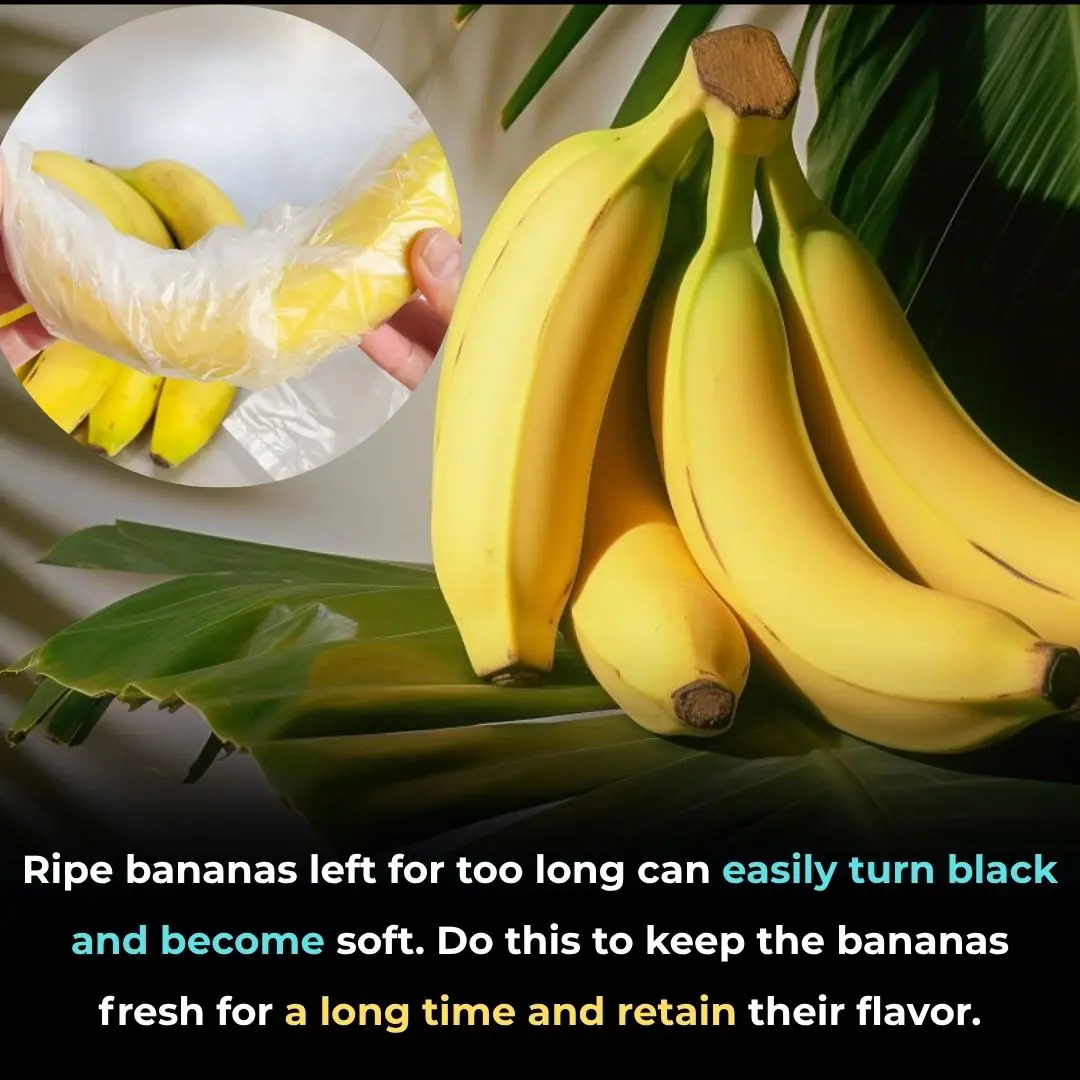
Ripe bananas left for too long can easily turn black and become soft. Do this to keep the bananas fresh for a long time and retain their flavor.

Mistakes many Vietnamese people make when preserving eggs – be careful not to invite them into your life.
News Post

Angel the Traveling Cat Launches Global Campaign: “We Are Not Baggage, We Are Living Beings”

The Tie of Humanity: When a Simple Gesture Bridges Two Lives

A Lesson in Compassion: How One Encounter Changed My Perspective

“Yes, I Want Her”: A Mother’s Powerful Response and a Daughter’s Journey of Belonging

Robert Redford and the Lessons of the Horse Whisperer.

Heroes in the Flames: The Firefighters Who Saved More Than Lives.

When Hopscotch Became a Miracle.

The Puppies in the Box: A Story of Rescue and Second Chances.

When Rescue Becomes Family: The Story of Baby Joy and KT.

A Mother’s Worst Fear—and a Community’s Relief.

How to Get Rid of Constipation: The Best Home Remedies That Really Work

If mice appear in the house, it means that...

7 Common Health Issues That Keep Appearing Could Be Early Warning Signs of Cancer

Small Life Hacks That Can Be Life-Saving

How to Sharpen Dull Scissors Without a Sharpening Stone: Simple and Effective Method
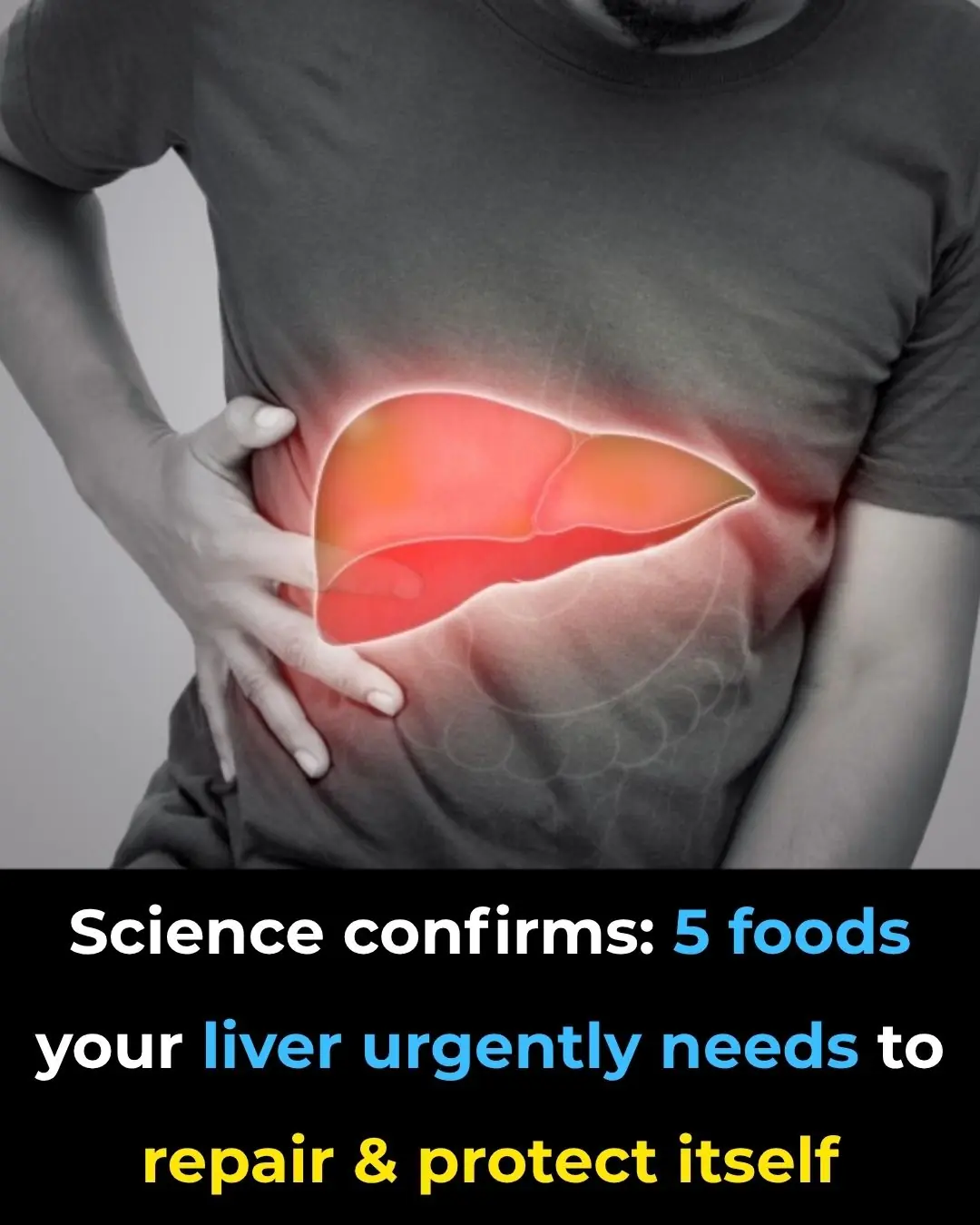
The Best Scientifically Proven Foods to Cleanse Your Liver
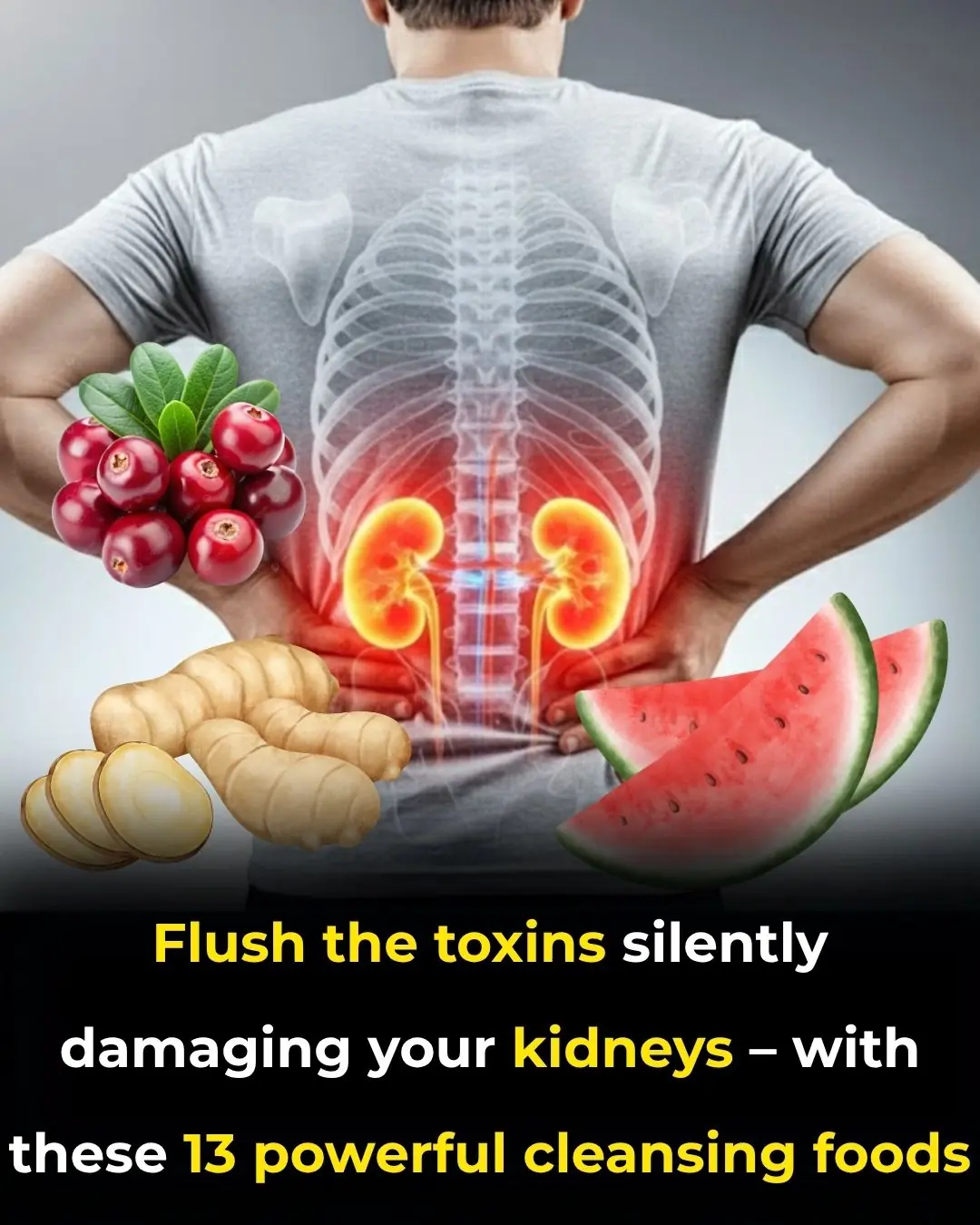
Flush the toxins silently damaging your kidneys — with these 13 powerful cleansing foods
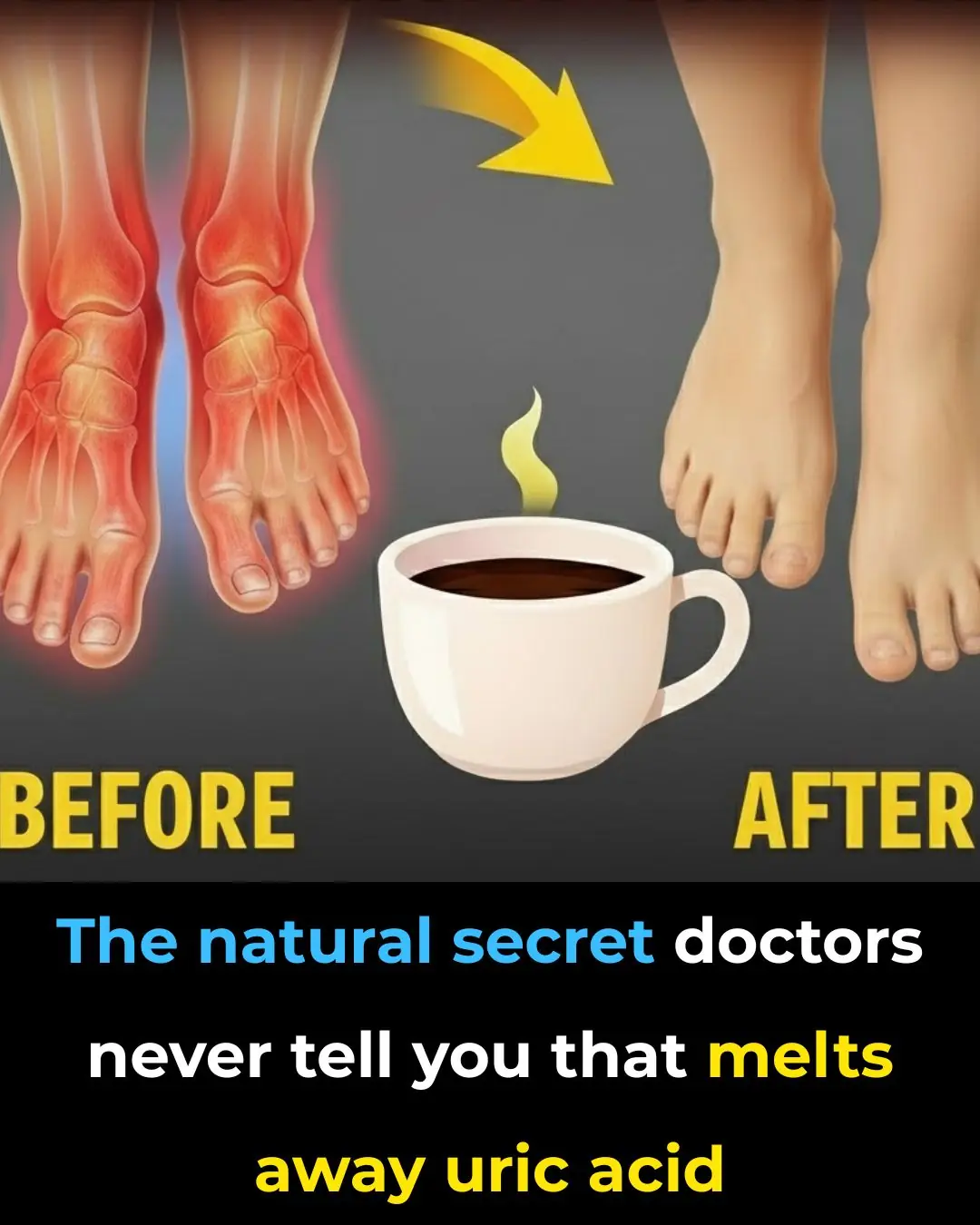
The Best Natural Gout Treatments: Remove Uric Acid Crystallization To Prevent Gout And Joint Pain

4 things your hands could be telling you about the health of your kidneys
